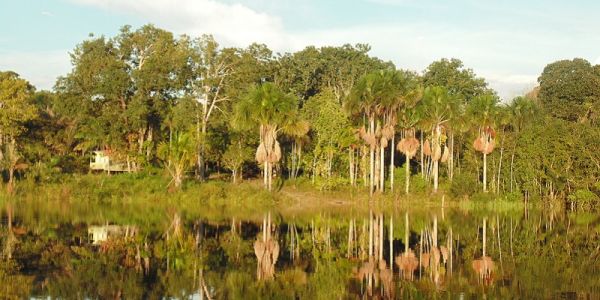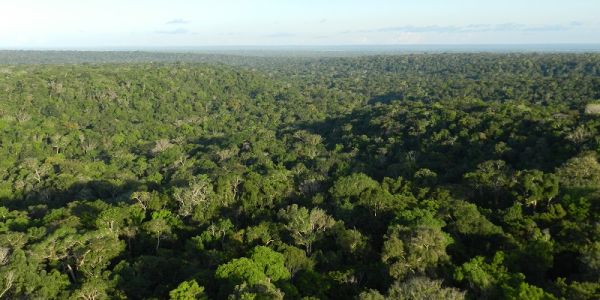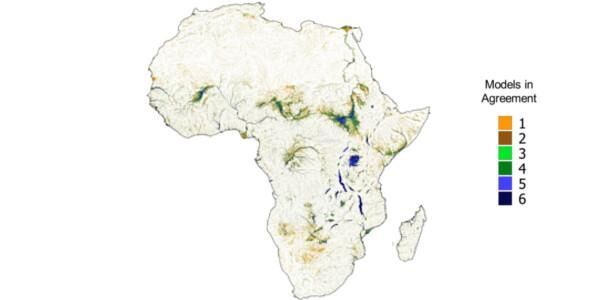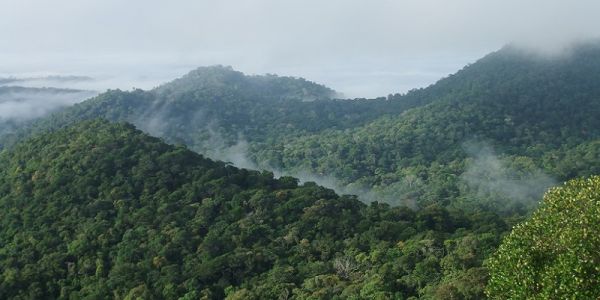
How ancient peoples shaped the Amazon rainforest
New research reveals that 85 tree species domesticated by pre-Colombian peoples remain common in forests close to ancient settlements.

New research reveals that 85 tree species domesticated by pre-Colombian peoples remain common in forests close to ancient settlements.

The Secretary of State for Transport has visited the University of Leeds to see the latest research aiming to help the transportation sector become more accessible, efficient and productive.

Remains of microorganisms at least 3,770 million years old have been discovered – providing direct evidence of one of the oldest life forms on Earth.

Researchers are a step closer to understanding the relationship between the colour of soot particles and the effect of such atmospheric pollution on climate.

Carbon emissions across all nine Amazon nations have been fully matched by carbon absorption by mature Amazon forests since the 1980s, new research shows.

A new report is calling for the UK to be more self-sufficient in food production, in the wake of continued global uncertainty and reliance on food produced elsewhere in the world.

New research based on Precambrian rocks provides insight into how life evolved alongside changes in the chemistry of Earth’s surface.

A comprehensive new handbook about weather forecasting in West Africa could help safeguard lives and resources in the region.

The first ever comparison of six of the major global flood risk monitoring computer models has revealed wide discrepancies between the information they provide.

A focus on policies to conserve tropical forests for their carbon storage value may imperil some of the world’s most biologically rich tropical forests.